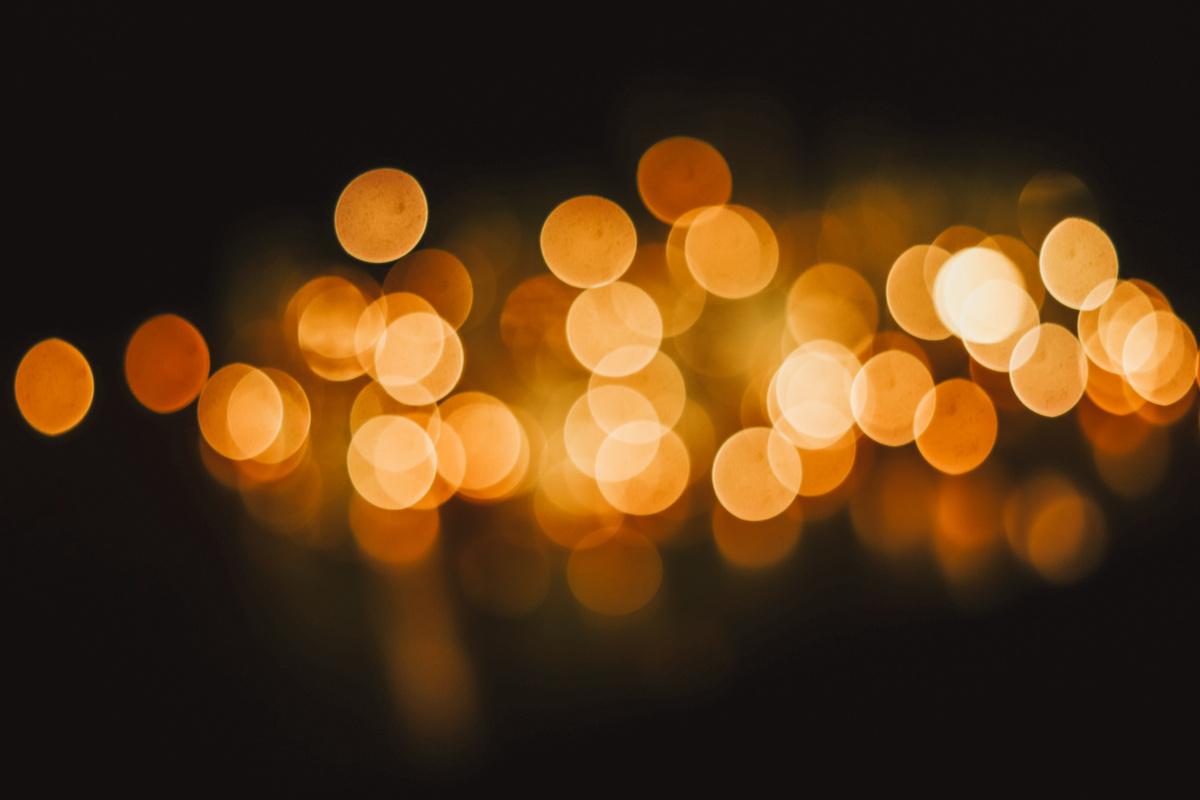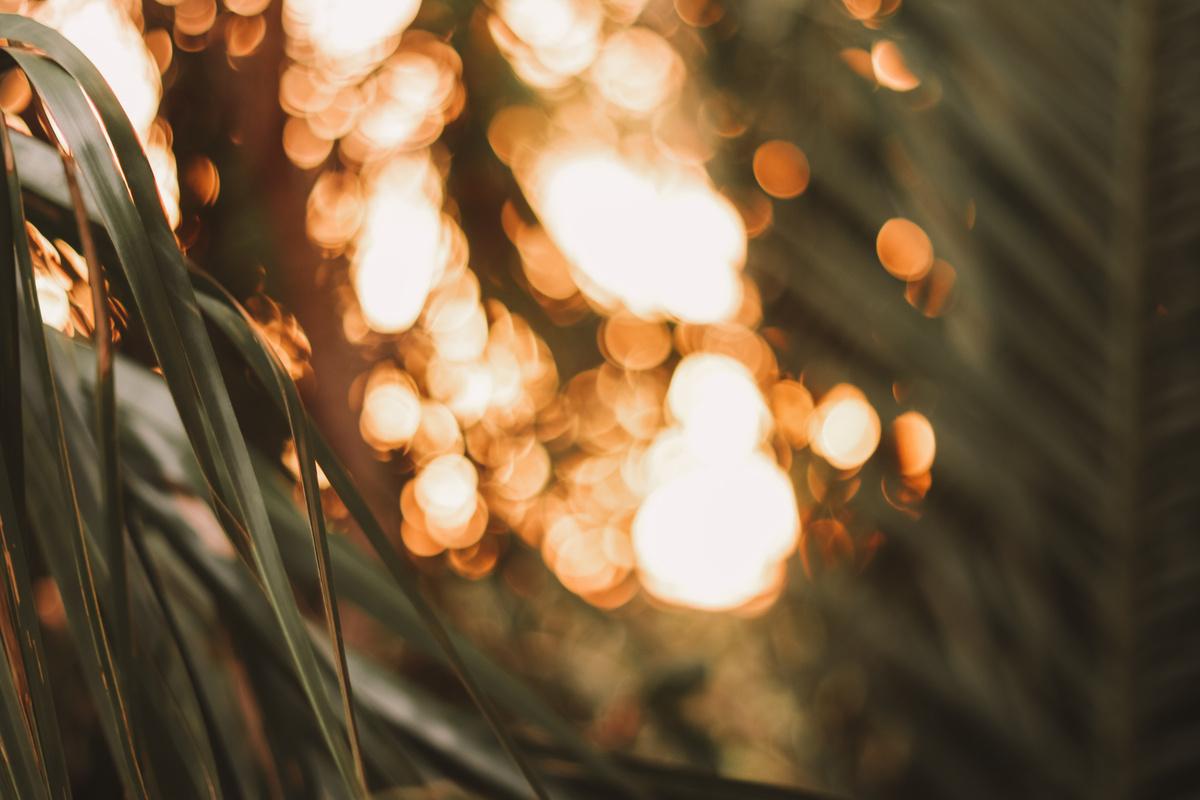
2 minute read
Beating Load Shedding Blues


Advertisement

Nina Germishuysen
Thanks to the despised phenomenon we call load shedding and the inability of those in power to keep the grid alive, we are all familiar with that sinking feeling each time the lights go out and we are left in the dark. No one knows how this will finally play out, but we can certainly choose how we react to the inevitable.
To start off with, load shedding, with all its negative connotations, needs a new name with a positive spin. How about load sharing? We’re all in this together. In our neck of the global woods, Eskom is feeding the rush to return to our ancestral roots - remembering where we’re from and who we are. The rest comes naturally.
Most people spend the entire period of darkness during load shedding frantically interacting with their phones, consulting load shedding schedules and trying to find solace in Instagram posts in a desperate attempt to connect with the outside world. In the end you only end up with a struggling internet connection, a massive data bill and a flat battery, adding to your frustration and draining your positive energy.
Load shedding, in fact, can be seen as an enforced digital detox. We’re all aware of the many health benefits to unplugging and shutting down devices for a few hours every day: better sleep patterns, less risk of tech-neck (stiff neck and shoulders due to screen time), giving your eyes a muchneeded break, and much less stress caused by devices constantly vying for your attention and expecting instant results.

So how can we use this time to battle the load shedding blues? We can start by spending quality, physical time with friends and family, having face-to-face conversations using real communication skills. Nothing tops candlelight or sitting around a fire to create atmosphere. Playing a card game and listening to live guitar music will round off a perfect evening. In need of precious me-time? Use this opportunity to go for a walk, read a good book or simply pray or meditate.
Focusing on the bigger picture of the effects of load shedding also helps us see things in a more positive light. Mother Earth certainly breathes a sigh of relief. South Africans have become much more conscious of energy consumption, accelerating research towards alternative power sources. Planning around schedules has taught us, among other things, to fill washing machines and dishwashers up to the brim before use and taking shorter showers



Furthermore, it has taught us both gratitude and empathy: to be thankful for the fact that we do have electricity (albeit sporadic) and more aware of what people with no electricity permanently go through.


If nothing else, having no power means that we have another kind of power in our hands: the power to use our intellect, resources, and common sense to toughen up – learning to find benefit in adverse situations and giving us a better overall approach to life






